Big designers step off London men's catwalk
Amid digital disruption, prominent design houses are opting for alternate routes
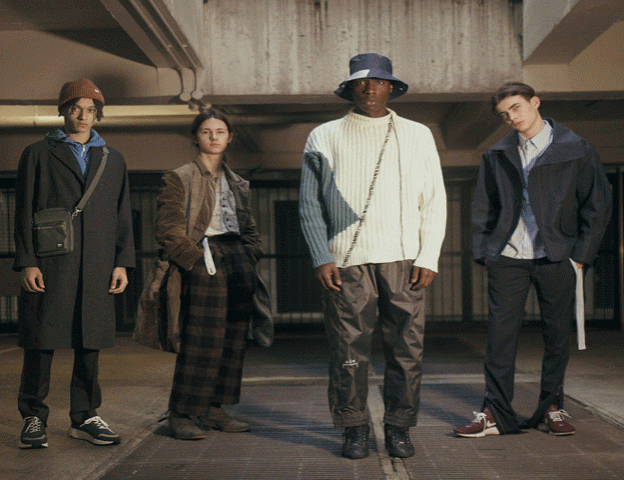
PHOTO: WWD
The event saw around 50 traditional catwalk shows over three days, with the remainder of the 80 designers on the bill showcasing their wares through a variety of other events, including digitally.
The transition to new methods of connecting with buyers has cost the event some of its biggest catwalk names. Punk icon Vivienne Westwood announced last month that she would eschew a runway show and showcase her collection via an audio-visual presentation.
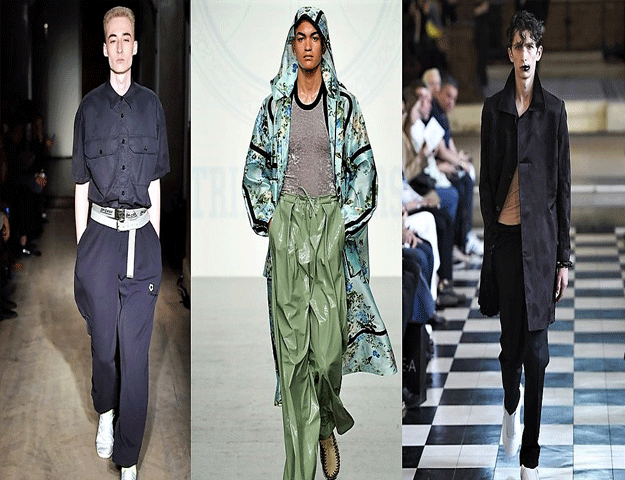 PHOTO: BONNE NEW YORK
PHOTO: BONNE NEW YORKOther big brands, including Britain’s Burberry and JW Anderson, decided to skip the event last year as well, in favour of holding ‘co-ed’ shows during London’s fashion week for womenswear in February.
“All we’re trying to do is shorten the distance from a consumer to a pair of trousers,” said London Fashion Week Men’s chairman Dylan Jones, who is also the editor of British GQ magazine.
The Cut: Unforgettable Looks Of The Week
“If a brand or a designer deems that it’s much better for them to do a joint show, a show out of season, a digital show . Go direct to the consumer, it doesn’t matter. It’s all about amplifying British creativity and selling.” He added.
Designers have been placing more emphasis on their digital presence in recent years, courting social media influencers with the same assiduousness that they traditionally reserved for the fashion press.
Online sales are a particularly important revenue stream in Britain’s over 14 billion pound industry, growing by over 17% between 2010 and 2015, outpacing all other categories in the sector , according to researchers IbisWorld.
With a shortage of big names on the catwalk this year, organisers said that the event was returning to how it was originally envisioned, as a platform for young British talent.
“International media and retailers come to London for this excitement, these new businesses, the ones that are setting the menswear world on fire and you can only get that in London,” said British Fashion Council chief executive Caroline Rush.
Italian fashion house Gucci to go fur-free
It was a sentiment echoed by Jones, who saw the changes in the industry as a source of excitement.
“It’s mutating, developing and changing each season and that’s the great thing about fashion, it keeps changing." He said.
Have anything to add to the story? Share it in the comments below.


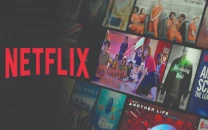
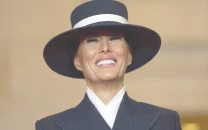
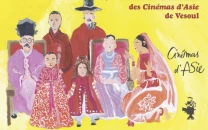

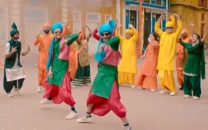












COMMENTS
Comments are moderated and generally will be posted if they are on-topic and not abusive.
For more information, please see our Comments FAQ